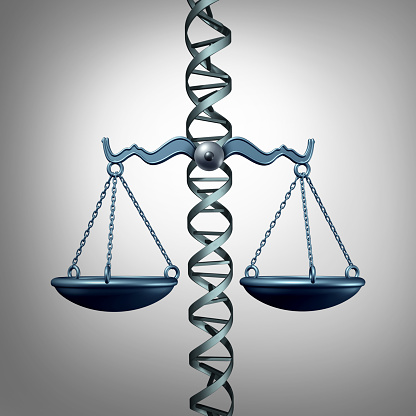Gene editing raises profound moral questions on ethics, eugenics and human rights
By Letlhokwa George Mpedi,
Daily Maverick
| 03. 15. 2023
In his 2021 novel Klara and the Sun, Kazuo Ishiguro painted a disturbing picture of a world where gene editing has become commonplace and carefully outlined the detrimental impact this has on family dynamics, society and the economy.
Through the eyes of a robotic “artificial friend”, Klara, we are told the story of Rick and Josie. Through gene editing, Josie has been “lifted” with genetic enhancement while Rick has not. The consequences are that Josie has fallen ill and Rick is ostracised from society and left with an uncertain future.
The concepts covered in Klara and the Sun were initially reflected on by Ishiguro in his 2017 Nobel Prize lecture. As he said, “And around the corner – or have we already turned this corner? – lie the challenges posed by stunning breakthroughs in science, technology and medicine. New genetic technologies – such as the gene-editing technique CRISPR – and advances in artificial intelligence and robotics will bring us amazing, life-saving benefits, but may also create savage meritocracies that resemble apartheid, and massive unemployment, including to those in...
Related Articles
By Diaa Hadid and Shweta Desai, NPR | 01.29.2026
MUMBRA, India — The afternoon sun shines on the woman in a commuter-town café, highlighting her almond-shaped eyes and pale skin, a look often sought after by couples who need an egg to have a baby.
"I have good eggs,"...
By George Janes, BioNews | 01.12.2026
A heart attack patient has become the first person to be treated in a clinical trial of an experimental gene therapy, which aims to strengthen blood vessels after coronary bypass surgery.
Coronary artery bypass surgery is performed to treat...
By Staff, ScienceDaily | 01.05.2026
Scientists at UNSW Sydney have developed a new form of CRISPR technology that could make gene therapy safer while also resolving a decades-long debate about how genes are switched off. The research shows that small chemical markers attached to DNA
...
Following a long-standing CGS tradition, we present a selection of our favorite Biopolitical Times posts of the past year.
In 2025, we published up to four posts every month, written by 12 authors (staff, consultants and allies), some in collaboration and one simply credited to CGS.
These titles are presented in chronological order, except for three In Memoriam notices, which follow. Many more posts that are worth your time can be found in the archive. Scroll down and “VIEW...




